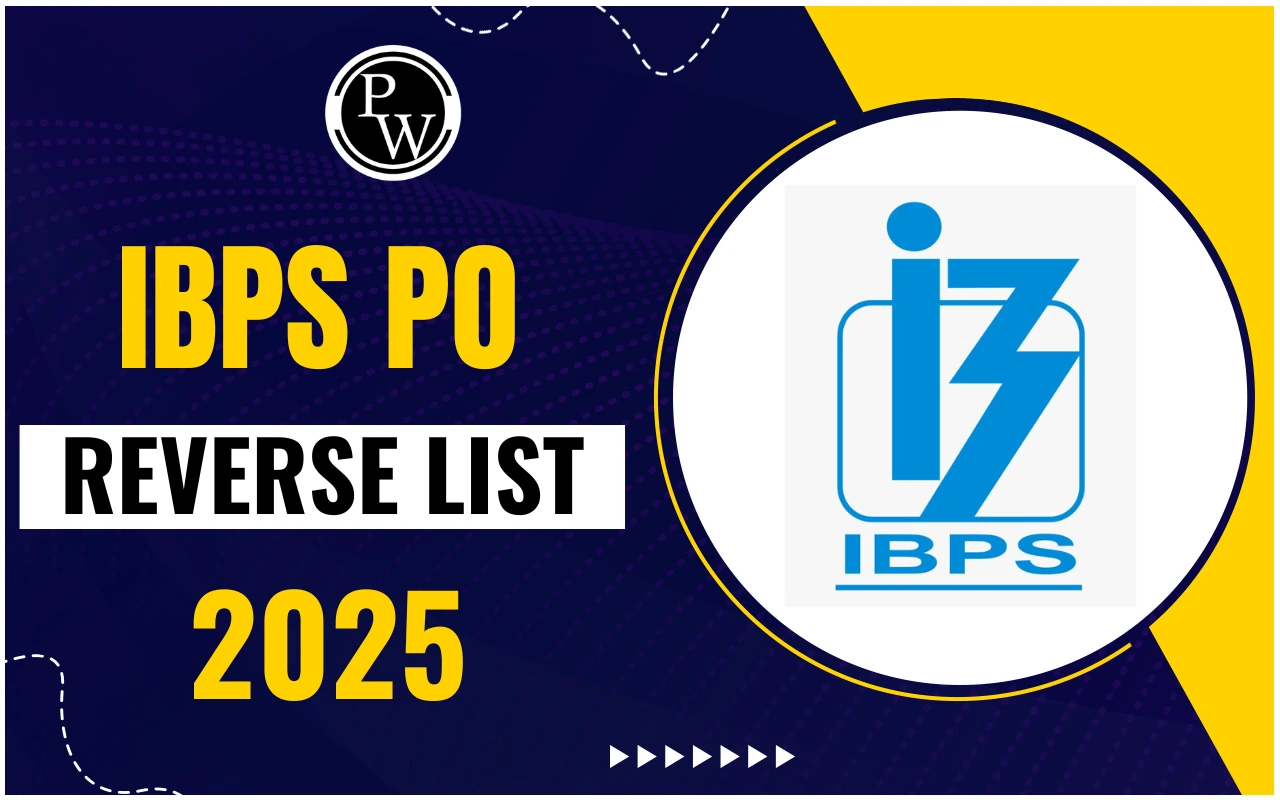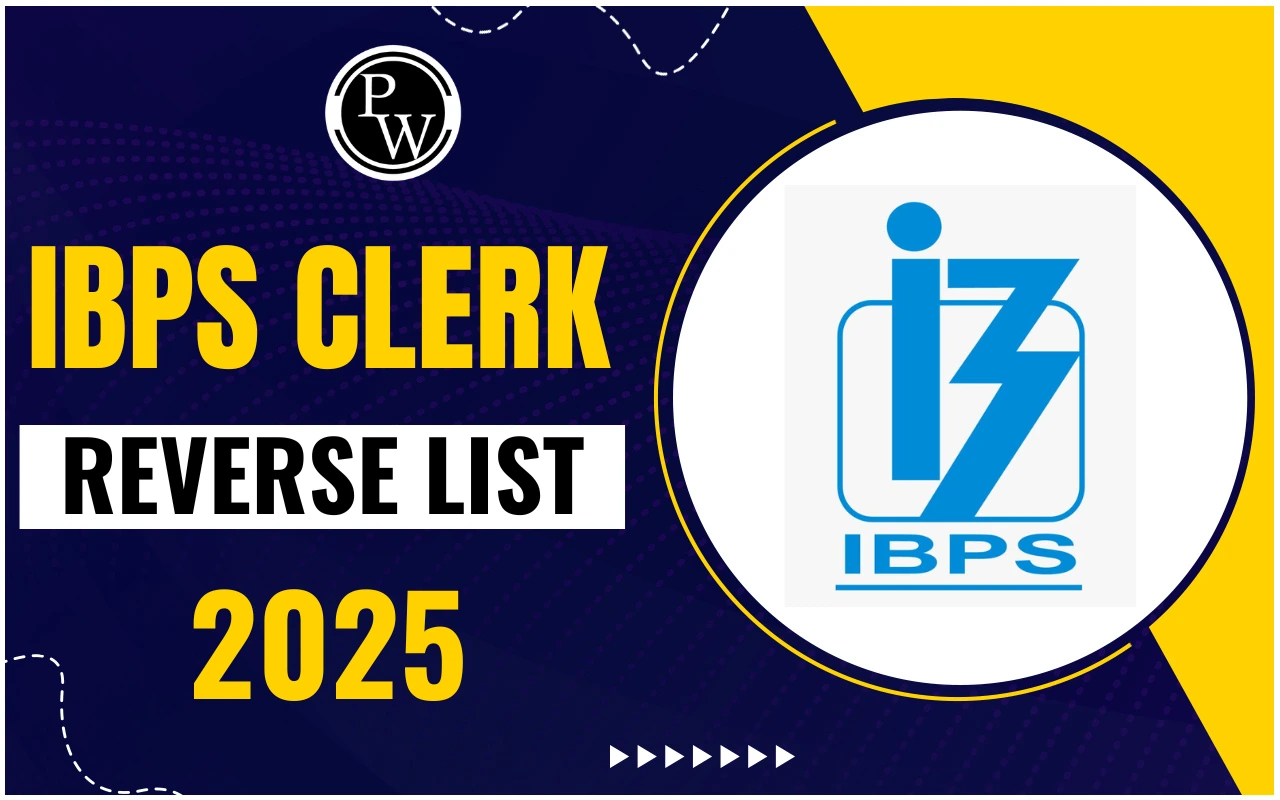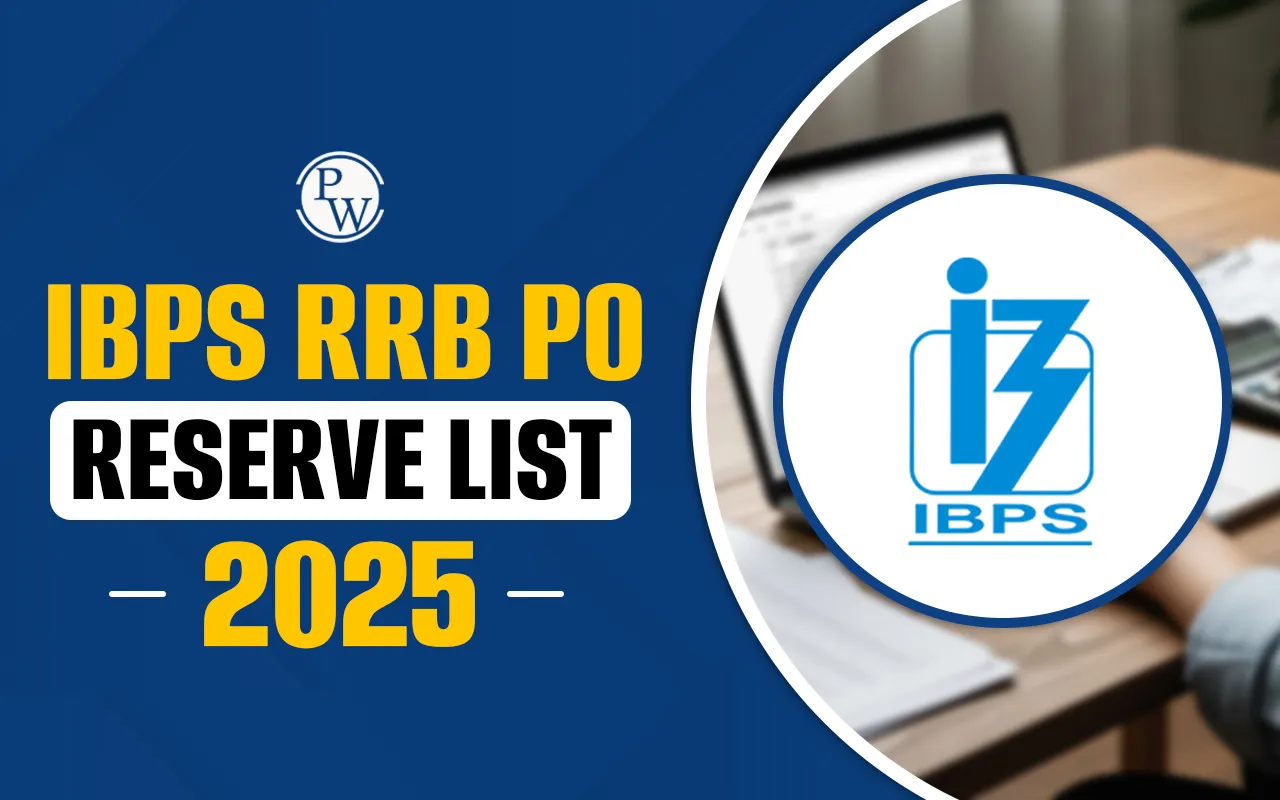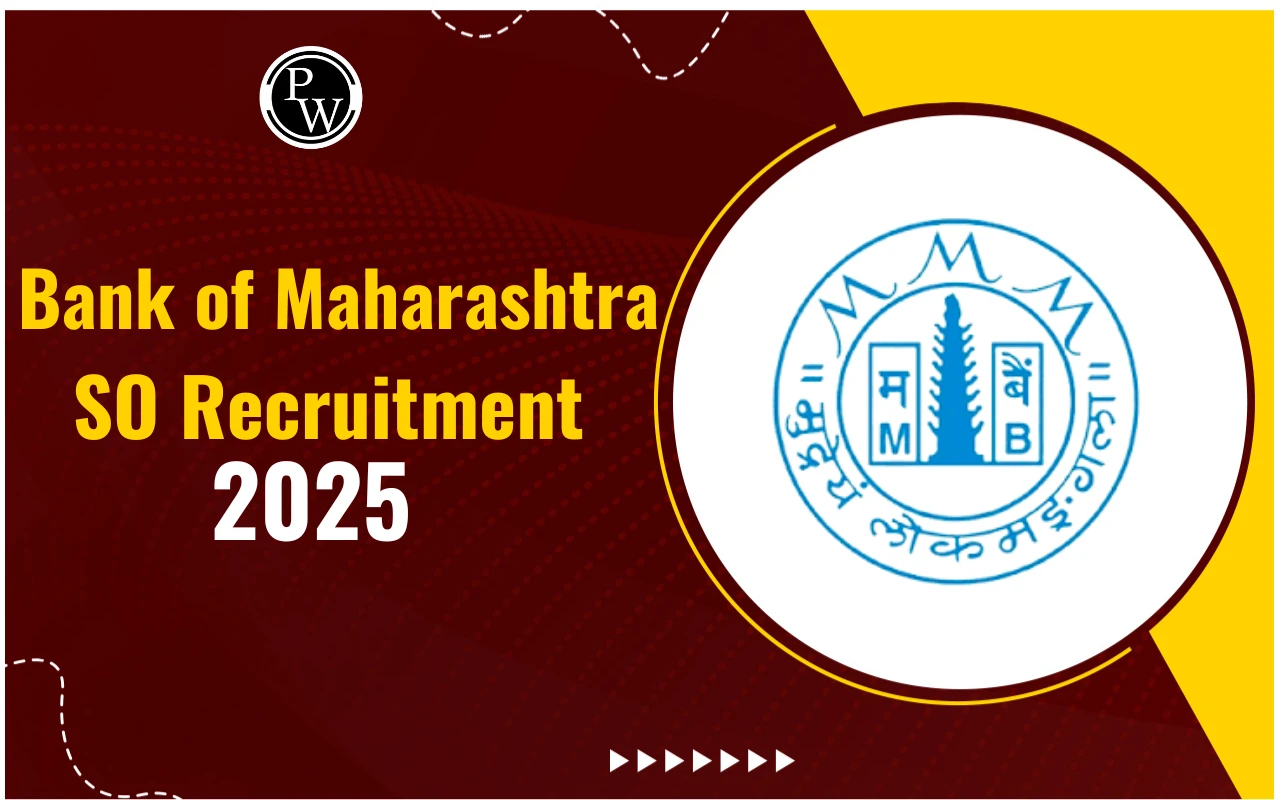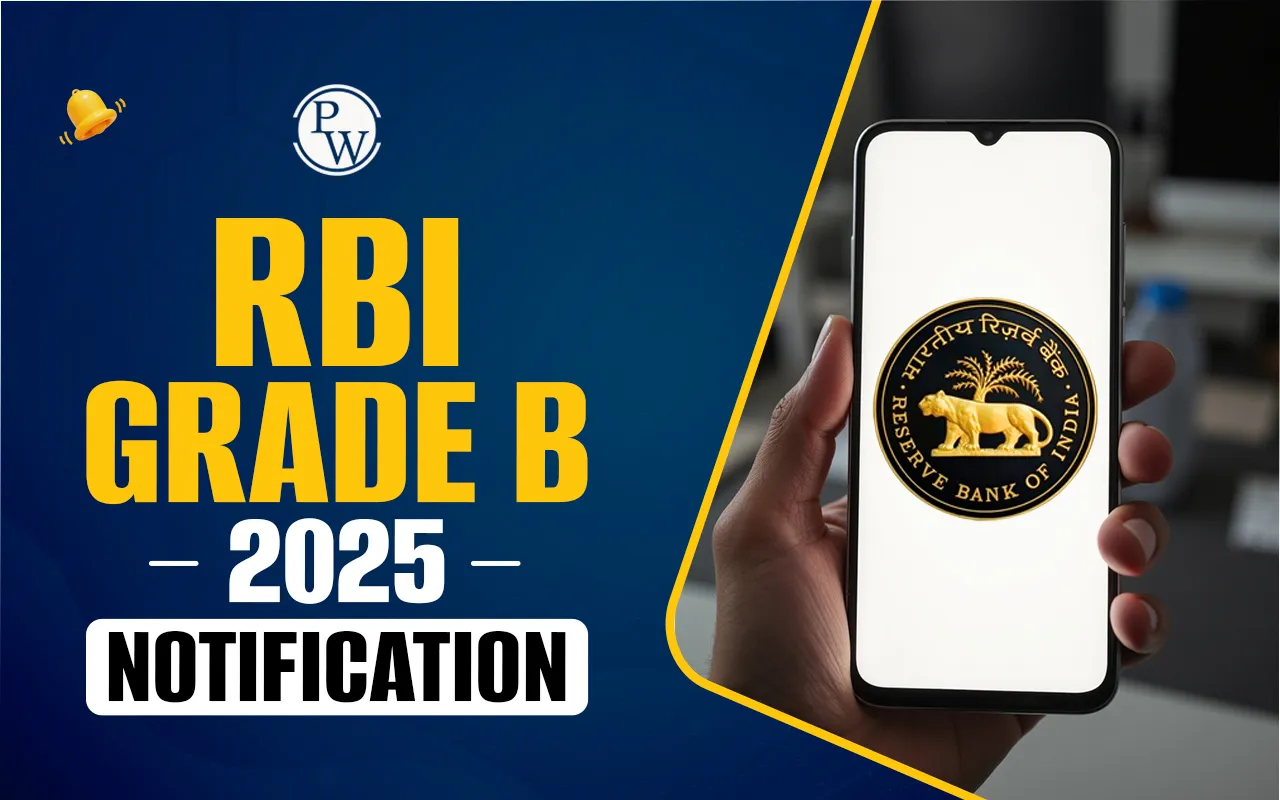
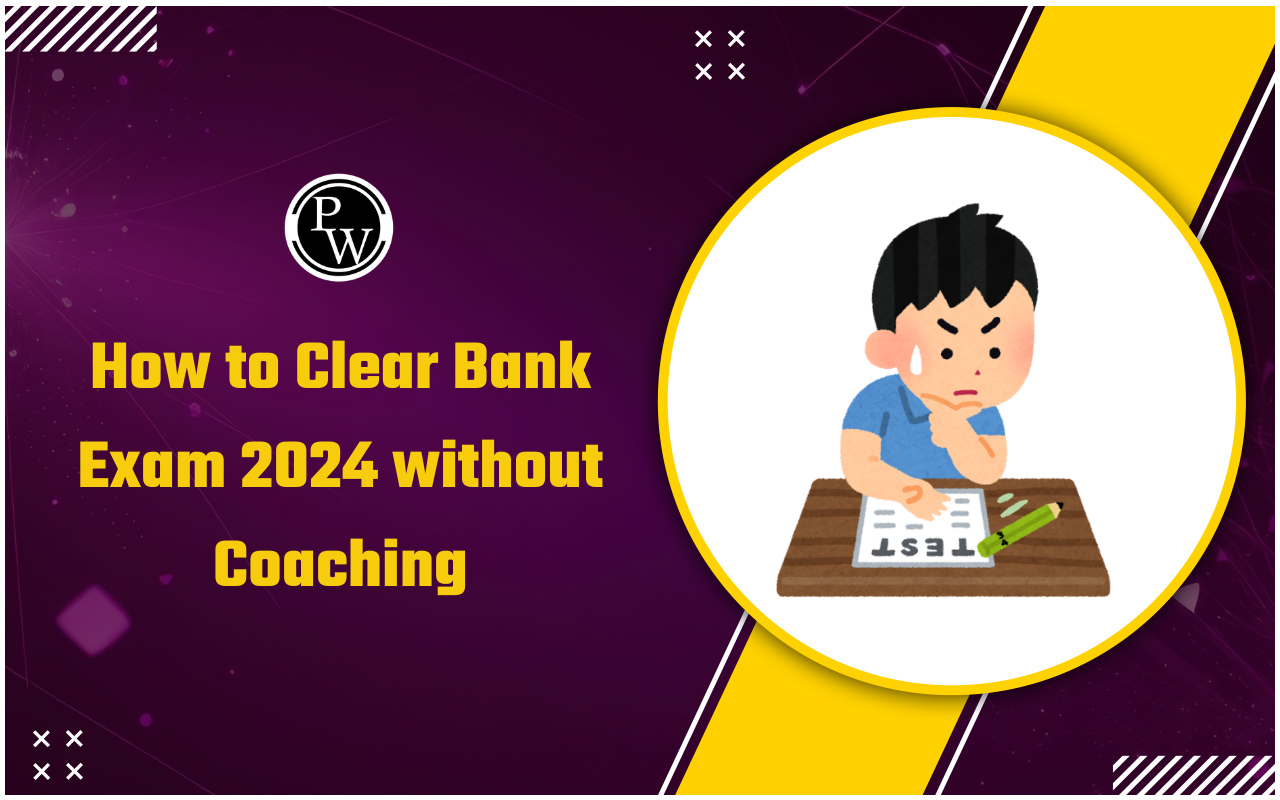
How to Clear Bank Exam 2024 without Coaching: Clearing a bank exam without coaching might seem daunting, but it's definitely achievable with a little dedication and a good plan. Start by understanding the exam pattern and syllabus, so you know exactly what to expect. Next, create a study schedule that fits your daily routine and stick to it—consistency is key.
Use reliable books and online resources to study, and practice with mock tests to get familiar with the exam format. Focus on your weak areas, but also remember to revise your strengths. Stay positive, take breaks when you need to, and believe in yourself. With a bit of discipline and determination, you can clear the bank exam on your own and feel proud of your hard work.How to Clear Bank Exam 2024 without Coaching
Here are the Key Points on How to Clear Bank Exam 2024 without Coaching1. Analyse Syllabus and Exam Pattern
Start by learning the exam pattern and syllabus. Knowing what subjects will be tested and how the exam is structured will help you focus on what's important.2. Make a Study Plan
Create a daily study schedule that includes all the subjects you need to cover. Stick to this schedule to stay organized and on track with your preparation.3. Use Good Study Materials
Use reliable books and online resources to study. There are many free materials available, such as PDFs, online courses, and YouTube videos, that can help you understand each topic.4. Practice Regularly
Practice is key to doing well in bank exams. Solve previous year's papers and take online mock tests to get used to the type of questions and improve your speed and accuracy.5. Focus on Weak Areas
Identify which subjects or topics you find difficult and spend more time improving on them. Don't ignore these areas, as strengthening them can significantly boost your score.6. Stay Updated on Current Affairs
Bank exams often include questions on current affairs and general knowledge. Read newspapers, watch news channels, and use apps to stay informed about what's happening around the world.7. Improve Your Speed and Accuracy
Bank exams are often time-bound, so it's important to work on your speed. Practice solving questions quickly and accurately to do well in the exam.8. Take Regular Breaks
While studying, it's important to take breaks to avoid burnout. Use techniques like the Pomodoro method, where you study for 25 minutes and then take a 5-minute break. This keeps your mind fresh.9. Stay Positive and Confident
Believe in yourself and your ability to clear the exam. Stay positive and confident throughout your preparation. If you face difficulties, take them as challenges and work on overcoming them.10. Revise Regularly
As the exam approaches, revise what you've studied to reinforce your knowledge. Focus on key concepts and formulas, and take more mock tests to assess your readiness.Key points to keep in mind while Bank Exam Preparation
- Understand the format and syllabus before you start preparing. This helps you focus on what's important.
- Plan your daily study routine and stick to it. Consistent study habits make a big difference.
- Choose good books and online resources. Quality materials help you learn effectively.
- Solve previous years' papers and take mock tests. This improves your speed and accuracy.
- Identify subjects you find challenging and spend extra time improving them.
- Read newspapers and watch the news to stay informed. Current events often appear in the exam.
- Eat well, stay hydrated, and get enough sleep. A healthy body supports a sharp mind.
- Believe in yourself and stay confident. A positive mindset helps you perform better.
Ways to Figure Out Your Strengths and Weaknesses for Bank Exam Preparation
Discovering your strengths and weaknesses can be an enlightening journey, helping you understand yourself better. It's an essential step in personal and professional development, and here are some heartfelt ways to figure them out:1. Reflect on Your Past Experiences
Think about moments in your life when you felt proud, accomplished, or fulfilled. What were you doing at that time? Reflecting on your successes can highlight your strengths. Similarly, consider times when you felt frustrated or challenged. These moments often reveal areas for improvement.2. Ask for Feedback
Ask family, friends, or colleagues for honest feedback. Sometimes, those around you can see your strengths and weaknesses more clearly than you can. Be open to what they have to say, and use their insights to learn more about yourself.3. Take Personality and Skill Assessments
Personality tests and skills assessments can provide valuable insights into your characteristics and abilities. These tools can help you uncover hidden strengths and areas that need improvement. Just be sure to choose reliable assessments and take the results to heart.4. Pay Attention to What Comes Naturally
Notice the things you do effortlessly or enjoy doing. These are often areas of strength. On the other hand, if something consistently feels like a struggle, it might be a weakness.5. Observe Your Reactions
Pay attention to your emotional responses to different situations. If you feel confident and happy doing something, it could be a strength. If you feel anxious or frustrated, it might indicate a weakness or an area that needs work.6. Explore New Activities
Trying new things can reveal hidden strengths and weaknesses. Experiment with hobbies, skills, or activities you’ve never tried before. You might discover a hidden talent or an area that needs improvement.7. Journaling
Writing about your thoughts, experiences, and feelings can help you identify patterns. Reflecting on your journal entries can highlight areas where you excel and where you struggle.8. Work with a Coach or Mentor
A coach or mentor can offer valuable guidance and feedback. They can help you identify your strengths and weaknesses and provide advice on how to develop or address them.9. Evaluate Your Goals and Challenges
Think about your goals and what challenges you face in achieving them. This evaluation can highlight strengths you can leverage and weaknesses you need to address.10. Stay Open and Curious
Being open-minded and curious about yourself encourages self-discovery. Approach this process with a willingness to learn and grow, and you’ll uncover valuable insights about your strengths and weaknesses.Bank Exam Syllabus
If you're preparing for a bank exam, it's important to know what topics you need to study. Here's a simple breakdown of the typical syllabus:1. Reasoning Ability
Logical reasoning, puzzles, seating arrangement, coding-decoding, directions, blood relations, and syllogisms. This section tests your problem-solving and logical thinking skills.2. Quantitative Aptitude
Basic arithmetic, algebra, geometry, data interpretation, and number series. This section looks at your math skills and how quickly you can solve problems.3. English Language
Grammar, vocabulary, comprehension, error detection, and sentence rearrangement. This section checks your understanding of the English language.4. General Awareness
Current affairs, banking awareness, and static general knowledge. This section tests how much you know about what's happening in the world and the basics of banking.5. Computer Knowledge
Basic computer terminology, hardware, software, and internet. This section assesses your familiarity with computers and technology.Know the Exam Difficulty Level of the Bank Exam
Understanding the difficulty level of an exam you're preparing for is crucial to your success. It’s like setting off on a journey knowing what lies ahead, and being prepared for it emotionally and intellectually. Here's how you can gauge the difficulty level and why it matters so much.1. Understand the Syllabus and Exam Pattern
First, immerse yourself in the exam syllabus and pattern. Knowing what subjects or topics will be tested and how the exam is structured helps you mentally prepare for the challenge. It's like equipping yourself with a map before embarking on a trek, so you’re not caught off guard.2. Analyze Past Papers
Going through previous years' exam papers is like peering into the minds of the examiners. It gives you a real sense of the types of questions asked and the level of complexity you can expect. This can feel a bit intimidating at first, but it’s a vital step to understand what lies ahead.3. Gauge the Time Pressure
Understanding how much time you'll have for each section of the exam is important for planning your approach. Time pressure can be one of the most challenging aspects of an exam. It's natural to feel anxious about this, but practicing under timed conditions helps you build confidence.4. Know Your Strengths and Weaknesses
Be honest with yourself about which subjects or topics you find challenging. It's okay to feel nervous or uncertain about certain areas. By acknowledging your weaknesses, you can focus your efforts where they are most needed, turning anxiety into determination.5. Talk to Others Who Have Taken the Exam
Speaking to peers or seniors who have taken the exam before can give you a firsthand account of its difficulty level. Their experiences can provide comfort, encouragement, and practical insights, helping you feel less alone in your journey.6. Take Mock Tests
Taking mock tests under exam-like conditions is an emotional rollercoaster but invaluable for understanding the exam's difficulty level. The nervousness, excitement, and even frustration you might feel during these tests prepare you emotionally for the real thing, helping you face the exam with courage.7. Stay Realistic but Positive
It’s important to stay realistic about the exam's difficulty while maintaining a positive mindset. Acknowledge the challenges, but also remind yourself of your strengths and your reasons for taking the exam. This balanced view helps you stay grounded and motivated.8. Prepare Emotionally and Intellectually
Knowing the exam difficulty level helps you prepare not just intellectually, but emotionally as well. Facing a challenging exam can be stressful, but approaching it with a clear understanding of what to expect helps you feel more in control and ready to face the challenge head-on.9. Adapt Your Preparation
Use your understanding of the exam's difficulty level to tailor your preparation. Focus more on challenging areas, but also take time to reinforce your strengths. This balanced preparation gives you confidence and peace of mind as the exam approaches.10. Stay Resilient
Even when you understand the difficulty level, the actual exam can still be tough. Stay resilient and remember that exams are not just tests of knowledge, but also tests of character and determination. Keep your spirits up, stay focused, and believe in yourself.How to Clear Bank Exam 2024 without Coaching FAQs
Can I clear a bank exam without coaching?
Yes, with dedication and the right approach, it's absolutely possible.
How should I start preparing for a bank exam?
Start by understanding the syllabus and creating a study plan.
What's the best way to practice for the exam?
Use mock tests and previous year papers to get familiar with the format.
How can I stay motivated during preparation?
Set small goals, take breaks, and celebrate achievements.
What if I struggle with certain subjects?
Focus on improving weak areas and seek help from online resources or friends.
🔥 Trending Blogs
Talk to a counsellorHave doubts? Our support team will be happy to assist you!

Check out these Related Articles
Free Learning Resources
PW Books
Notes (Class 10-12)
PW Study Materials
Notes (Class 6-9)
Ncert Solutions
Govt Exams
Class 6th to 12th Online Courses
Govt Job Exams Courses
UPSC Coaching
Defence Exam Coaching
Gate Exam Coaching
Other Exams
Know about Physics Wallah
Physics Wallah is an Indian edtech platform that provides accessible & comprehensive learning experiences to students from Class 6th to postgraduate level. We also provide extensive NCERT solutions, sample paper, NEET, JEE Mains, BITSAT previous year papers & more such resources to students. Physics Wallah also caters to over 3.5 million registered students and over 78 lakh+ Youtube subscribers with 4.8 rating on its app.
We Stand Out because
We provide students with intensive courses with India’s qualified & experienced faculties & mentors. PW strives to make the learning experience comprehensive and accessible for students of all sections of society. We believe in empowering every single student who couldn't dream of a good career in engineering and medical field earlier.
Our Key Focus Areas
Physics Wallah's main focus is to make the learning experience as economical as possible for all students. With our affordable courses like Lakshya, Udaan and Arjuna and many others, we have been able to provide a platform for lakhs of aspirants. From providing Chemistry, Maths, Physics formula to giving e-books of eminent authors like RD Sharma, RS Aggarwal and Lakhmir Singh, PW focuses on every single student's need for preparation.
What Makes Us Different
Physics Wallah strives to develop a comprehensive pedagogical structure for students, where they get a state-of-the-art learning experience with study material and resources. Apart from catering students preparing for JEE Mains and NEET, PW also provides study material for each state board like Uttar Pradesh, Bihar, and others
Copyright © 2025 Physicswallah Limited All rights reserved.
